According to Regulation No. 191-QD/TW, dated October 29, 2024, the Politburo added the task of preventing and combating waste to the Central Steering Committee on preventing and combating corruption and negativity, identifying that preventing and combating waste has an equivalent position to preventing and combating corruption, with the focus of preventing and combating waste being the management and use of public finance and public assets. To effectively prevent and combat waste, in many forums, General Secretary To Lam emphasized: it is necessary to persistently and synchronously implement solutions from low to high to practice thrift and combat waste. Building a culture of anti-waste throughout society, becoming ethical standards and social norms (1) . These instructions demonstrate the highest level of commitment to considering the task of preventing and combating waste of public assets as a focus of building an honest government .
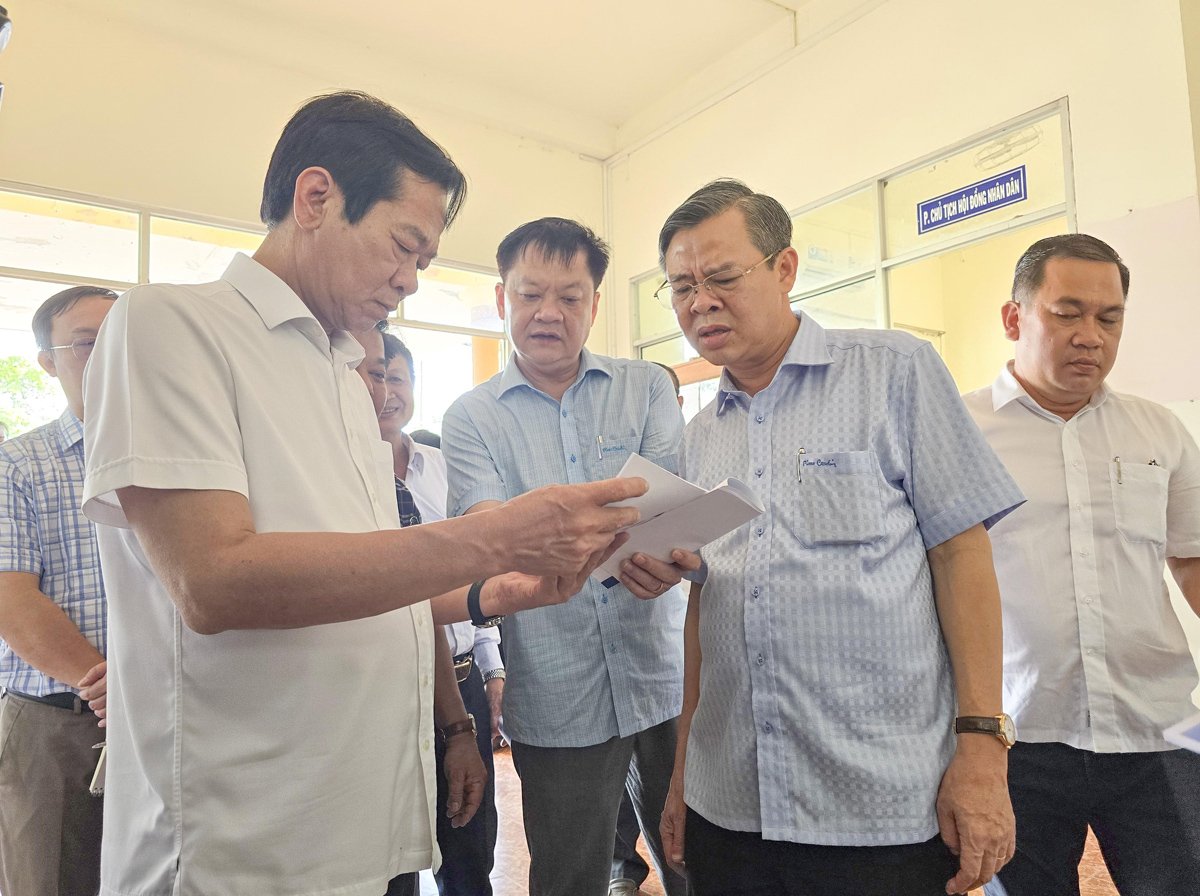
Some general issues on preventing waste and practicing public integrity
According to Clause 1, Article 3 of the Law on Management and Use of Public Assets 2017, public assets are assets owned by the entire people, represented by the State as the owner and uniformly managed by the State, including: assets serving management activities, providing public services and ensuring national defense and security at agencies and units; infrastructure assets serving national interests and public interests; assets with established ownership rights by the entire people; public assets at enterprises; state budget money, extra-budgetary state financial funds, foreign exchange reserves; land and other resources. Thus, public assets cover all material resources owned by the State, from offices, public works, infrastructure systems, assets at state-owned enterprises to financial resources, land and national resources.
The term “waste” is also specifically interpreted in the Law on Practicing Thrift and Combating Wastefulness. According to Clause 2, Article 3 of this law (amended in 2013), “waste is the ineffective management and use of money, assets, labor, working time and natural resources” . In areas where the State has issued norms, standards and regimes, waste is understood as the management and use of the budget, money, assets, labor, time, etc. exceeding norms and standards or failing to achieve set goals. In other words, waste occurs when public resources are not used properly and for the right purposes, causing loss without bringing about commensurate results. Waste may not be as clearly personal as corruption, but the consequences also cause loss of resources, hinder socio-economic development and erode people's trust in the Party, the State and the regime.
Integrity includes “liem” (honest, clean, not greedy) and “chinh” (upright, upright, fair). Public service integrity can be understood as honesty and uprightness in performing public duties, not embezzling public property, not taking personal advantage and complying with ethical standards and laws in public service activities. This is a category that carries core ethical values for cadres and civil servants. Ho Chi Minh's thought on public service ethics emphasizes “Diligence, Thrift, Integrity, and Uprightness” as four basic qualities that every cadre must practice. President Ho Chi Minh affirmed: “Even a needle or a thread must not encroach on the people's property” (2) , and must be extremely frugal and transparent in public property management. He warned that those in power in public offices “If they do not properly uphold Diligence, Thrift, Integrity, and Uprightness, they will easily become corrupt and become pests of the people” (3) . Thus, public service integrity is both a fundamental ethical criterion and a measure of the self-discipline of officials in the face of the temptations of power and material things.
In terms of institutions, the Party's views on public service integrity have been specified in many current documents and laws. The 2013 Constitution affirms that cadres and civil servants must wholeheartedly serve the people and that an honest Government is the goal to strive for. Resolution No. 27-NQ/TW, dated November 9, 2022, of the 13th Party Central Committee continues to emphasize the goal of building a contingent of cadres and civil servants "with adequate qualities, capacity, and true professionalism and integrity". On May 9, 2024, the Politburo issued Regulation No. 144-QD/TW on revolutionary ethical standards, requiring cadres and Party members to practice "Diligence, thrift, integrity, uprightness, impartiality and selflessness". Legal documents such as the Law on Cadres and Civil Servants (2008, amended in 2019) also mention principles of integrity and transparency. Although there is no direct legal definition for the phrase "public integrity", its connotation is embedded in the system of public ethics rules and sanctions on preventing and combating corruption and waste.
It can be seen that preventing and combating waste of public assets is an important requirement of public service integrity. If public servants are honest, they will manage assigned public assets closely, effectively, economically, and avoid loss or waste. On the contrary, lax management, allowing state assets to be misused, abandoned or lost is a manifestation of a lack of responsibility and integrity. Therefore, the law has clearly defined that practicing thrift and combating waste is the obligation of all agencies, organizations and individuals in the public sector. Article 4 of the Law on Practicing Thrift and Combating Waste stipulates that one of the basic principles is to "practice thrift and combat waste in the management and use of state assets", considering this both a legal requirement and an ethical requirement for cadres, civil servants and public employees.
Current status of public assets when arranging and streamlining the organizational apparatus
In recent years, especially at present, the reorganization and streamlining of the political system's apparatus has been carried out vigorously throughout the country. Many agencies and units have merged, dissolved or streamlined the intermediate level. After the consolidation of units, many old agency headquarters, offices, schools, centers, etc. are no longer used or are being used inefficiently. According to the year-end summary report of ministries, branches and localities at the end of 2024, the whole country has 11,034 state-owned houses and land that are in a state of surplus, unused, inefficiently used or used for the wrong purpose. As of the time of inventory, there has only been a decision by competent authorities to handle 3,780 facilities, or less than 35% of the above surplus assets (4) . This figure shows a worrying reality when tens of thousands of public assets, especially real estate headquarters, are being abandoned or not being handled promptly and effectively, causing great waste nationwide. Prolonging the "leaving" situation for public assets that are no longer needed has caused double losses: both maintenance costs and missed opportunities to exploit resources for other purposes.
The Government recognizes that the budget and public assets are currently one of the three areas where the greatest waste occurs in our country, along with natural resources and human resources. Decision No. 1719/QD-TTg, dated December 31, 2024, of the Prime Minister, promulgating the Comprehensive Program on practicing thrift and combating waste in 2025, sets out many tasks, including the requirement to "strengthen the management and use of public assets, ensure compliance with standards, norms, regimes and requirements of the task", especially emphasizing the arrangement and handling of assets, especially houses and land associated with the process of arranging and streamlining the organizational apparatus. ![]()
The causes of waste of public assets in the process of streamlining and streamlining the organizational apparatus can be summarized as follows:
In the initial phase of implementing Resolution No. 18-NQ/TW, Resolution No. 19-NQ/TW and Resolution No. 37-NQ/TW, some places focused on restructuring the organizational apparatus and streamlining the payroll, without paying due attention to calculating the use of surplus public assets. The merger of administrative units was carried out according to the roadmap, but the plan for arranging and handling headquarters and facilities was not corresponding. Therefore, after merging agencies and units, local authorities only started to handle "post-merger" assets, leading to a considerable time lag.
The process of handling surplus public assets after restructuring and streamlining the organizational apparatus involves many different legal regulations and management authorities. For example, if a district-level agency headquarters is no longer needed after the merger, the decision to retain it as a facility for another agency, or to convert its function, or to auction off the asset must comply with regulations on public asset management, land management, and public investment... Currently, many localities are confused about what purpose they should continue to use the old headquarters for effectively, what procedures should be followed if auctioned, and which level of the budget should the proceeds be paid to...
Some managers at the grassroots level have a mentality of not taking the management of public assets seriously, considering them “common property” for which no one is specifically responsible. This mentality leads to a lack of initiative in proposing plans for using or handing over surplus assets. In some places, after merging communes and wards, the old headquarters are left empty, but the new government has not actively reported to superiors or proposed a solution.
Some cases of public property waste have persisted because superiors have not reminded or inspected them in a timely manner. Inspection and examination of thrift practice and anti-waste management of headquarters and public property in some places have not been thorough. Supervision by elected bodies and the community over public property waste has also not been truly effective; in many places, people see abandoned headquarters but do not know where to report it or have reported it but it has not been resolved promptly.
The role of public integrity in preventing and combating waste of public assets
The spirit of “integrity and uprightness” requires each cadre and civil servant to be “frugal, upright, impartial and selfless” when performing public duties and managing the budget and assets. Therefore, integrity is the first shield to prevent wasteful behavior. People with “integrity” do not arbitrarily use public property for private purposes or let public property be lost; people with “virtue and uprightness” will do the right thing, no matter how small, and avoid the wrong thing, no matter how small, so they will resolutely protect public property from signs of misuse. From the early days of the founding of the country, President Ho Chi Minh determined that “The following government must be an honest government” (5) , meaning that each cadre in the public apparatus must be clean, “not embezzle public property and the people’s property”, and anyone who violates must be severely punished.
In the stage of restructuring and streamlining the apparatus, the role of public integrity is especially important. When the organizational structure changes, it is easy for "gaps" in responsibility for surplus assets to arise. If each relevant official maintains the spirit of integrity, they will proactively manage assets within their area of responsibility, promptly report to superiors about the handling plan, and not ignore or conceal violations related to public assets for local or personal interests. Integrity helps officials have the courage to defend the right and dare to fight against violations in asset management.
Building a healthy public service culture requires each civil servant to promote thrift and combat waste as a permanent standard. Integrity is not only the story of each individual, but must become a common value of the entire political system and the social community. When the culture of thrift and non-waste is instilled, all decisions and implementation of public services will aim to optimize resources. Public service integrity ensures the sustainable success of apparatus reform, and practicing integrity is a prerequisite for the arrangement and streamlining of the apparatus to achieve the desired results. The ultimate goal of streamlining the apparatus is to improve the effectiveness and efficiency of the political system, contribute to socio-economic development and strengthen people's trust in the Party. If the process of streamlining the apparatus does not prevent the loss and waste of state assets, the set goals will not be achieved. People evaluate the success of the apparatus reform not only by how many agencies are reduced and how much budget is saved, but also by how public assets after the organization and streamlining are managed economically and effectively.
Integrity is the core value of public service ethics. The Government has linked the handling of public assets with the evaluation of officials, identifying the arrangement and handling of public assets as one of the bases for reviewing and evaluating officials in the process of streamlining the apparatus. Any official who wastes assets after the reorganization of the unit will be held legally responsible as well as assessed for their qualities and abilities.
In preventing and combating waste of public assets, the role of the unit leader in setting an example of integrity is very important. Each cadre leading an agency or locality, when arranging the organizational structure, must set an example in practicing thrift and resolutely not let waste occur in his or her unit. The public integrity of a leader has a dominant influence on the results of preventing and combating waste within the scope of the organization he or she is responsible for.
It can be affirmed that public service integrity is the "root" to effectively prevent and combat waste of public assets, creating motivation for each official to strictly implement regulations and policies on public asset management, helping to build a disciplined and transparent public service environment, where waste is condemned and eliminated.
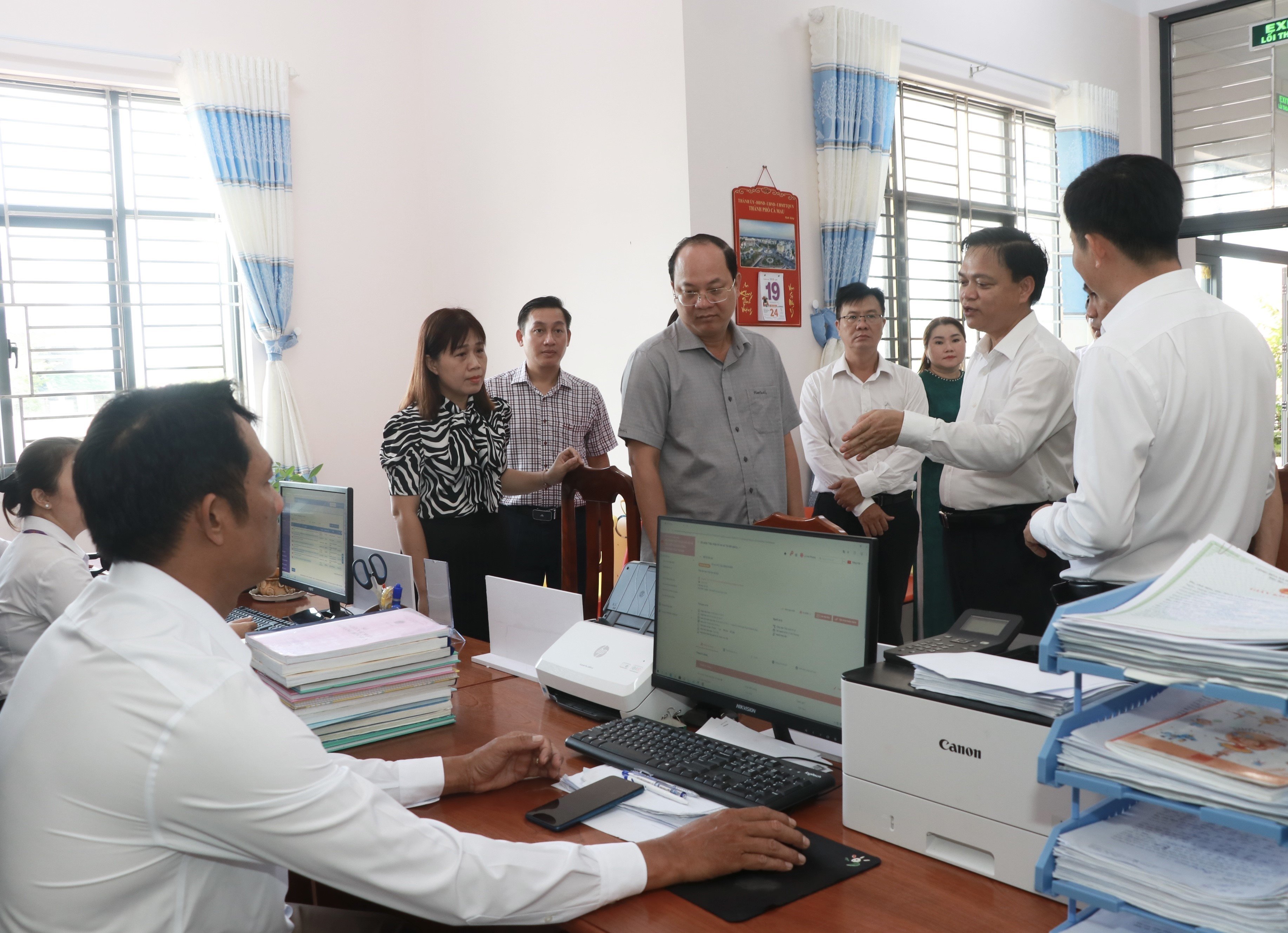
Solutions to prevent waste of public assets when streamlining the organizational structure
One is, Complete policies and laws on management and use of public assets in accordance with the new organizational model. It is necessary to promptly review and adjust relevant legal regulations in accordance with the practical situation in order to create a complete legal framework for handling surplus public assets during reorganization and merger; amend standards and norms for the use of public assets in accordance with the new organizational model after merger. Provide specific regulations on the decentralization of authority to handle surplus assets after merger. Issue guidelines for handling procedures, clearly specifying the deadline for handling surplus assets as well as sanctions for cases of delay without justifiable reasons.
Second, develop a plan to arrange and handle public assets at the same time as a project to arrange the organizational apparatus. Right in the process of developing a project to merge and dissolve agencies and units, it is necessary to include a plan to handle related assets and facilities, thereby helping to proactively source funding and solutions when implementing the arrangement, not letting assets fall into a "waiting state".
Third, deploy the handling and arrangement of surplus public assets in an effective and public manner. The principle is to prioritize reuse to serve public needs and social welfare. In fact, in localities, many commune headquarters and schools after merger can be renovated and converted into cultural houses, community learning centers, medical facilities, vocational schools or headquarters for other public service units... This is a way to both take advantage of facilities and improve service quality for the people. For assets that cannot continue to be used for public purposes, it is necessary to boldly propose appropriate forms of handling, possibly transferring them to other localities lacking facilities or organizing public auctions to sell and liquidate assets to collect budget revenue. The sale and liquidation of public assets must be carried out transparently and in accordance with regulations, avoiding losses through low valuation or collusion during auctions.
Localities need to develop plans to handle surplus assets with the motto of “6 clear” (clear people, clear work, clear time, clear responsibility, clear product, clear authority). The handling of public assets after reorganization and merger must be regularly updated on the database system built by the Ministry of Finance for monitoring and management.
Fourth, strengthen supervision and improve accountability of officials, especially leaders. Make anti-waste criteria a content of cadre assessment and have a regular monitoring mechanism. Competent authorities need to quantify this criterion for effective implementation. Assign leaders of Party committees to directly monitor the arrangement and handling of assets in each locality and field, ensuring that there are people responsible for independent supervision besides the government. State inspection and audit agencies should include the content of management and use of public assets in the annual periodic inspection plan in ministries, branches and localities. Party discipline and administrative discipline must be strictly enforced against individuals and collectives that are negligent and cause waste, especially the responsibility of leaders.
Fifth, promote the supervisory role of the people, the Fatherland Front, mass organizations, and the press. Social participation is important in preventing waste. It is necessary to create conditions for local people to give their opinions on plans for using surplus public facilities. The Vietnam Fatherland Front and mass organizations at the grassroots level should strengthen supervision of the management of public assets in localities after the merger, promptly making recommendations to the authorities if signs of waste are found. Promote the role of the press in detecting and reflecting signs of waste of public assets, and recommending competent authorities to handle them.
Sixth, Educate and train integrity and thrift awareness for cadres and civil servants. Focus on building a cadre team with sufficient qualities and capacity. Each agency should develop a code of ethics for public service, emphasizing the requirements of thrift, integrity, and not wasting State money and assets. Promptly commend typical examples of integrity and thrift of State money and assets. Strengthen internal inspection, self-criticism and criticism within Party cells and Party committees on practicing thrift and combating waste.
Preventing and combating waste of public assets in the process of reorganizing the organization and apparatus of the political system is not only a task of economic and financial management, but also a measure of integrity in public service and the Party's governing capacity. The success of practicing public service integrity is clearly demonstrated through the results of preventing and combating waste, contributing to building a creative, professional, and honest Government; strengthening people's trust in the Party, the State and the regime, creating momentum for national development in the new era - the era of national development./.
---------------------------
(1) According to VNA: General Secretary To Lam chaired a meeting of the Standing Committee of the Central Steering Committee on preventing and combating corruption, waste and negativity, Government Electronic Information Portal , October 30, 2024, https://baochinhphu.vn/tong-bi-thu-to-lam-chu-tri-hop-thuong-truc-ban-chi-dao-trung-uong-ve-phong-chong-tham-nhung-lang-phi-tieu-cuc-102241030171518045.htm
(2) Ho Chi Minh: Complete Works, National Political Publishing House Truth, Hanoi, 2021, vol. 5, p. 394
(3) Ho Chi Minh: Complete Works, op. cit., vol. 5, p. 122
(4) Diep Diep: The whole country has 11,034 public houses and lands that are not used, used incorrectly, or are ineffective, VOV Electronic Newspaper , March 14, 2025, https://vov.vn/kinh-te/ca-nuoc-co-11034-co-so-nha-dat-cong-khong-su-dung-su-dung-sai-kem-hieu-qua-post1161243.vov
(5) Ho Chi Minh: Complete Works, op. cit. , vol. 4, p. 478
(6) Ho Chi Minh: Complete Works, op. cit. , vol. 6, p. 127
Source: https://tapchicongsan.org.vn/web/guest/nghien-cu/-/2018/1096802/phong%2C-chong-lang-phi-tai-san-cong-trong-qua-trinh-sap-xep-to-chuc%2C-bo-may-he-thong-chinh-tri---yeu-cau-cap-thiet-trong-thuc-hanh-liem-chinh-cong-vu.aspx


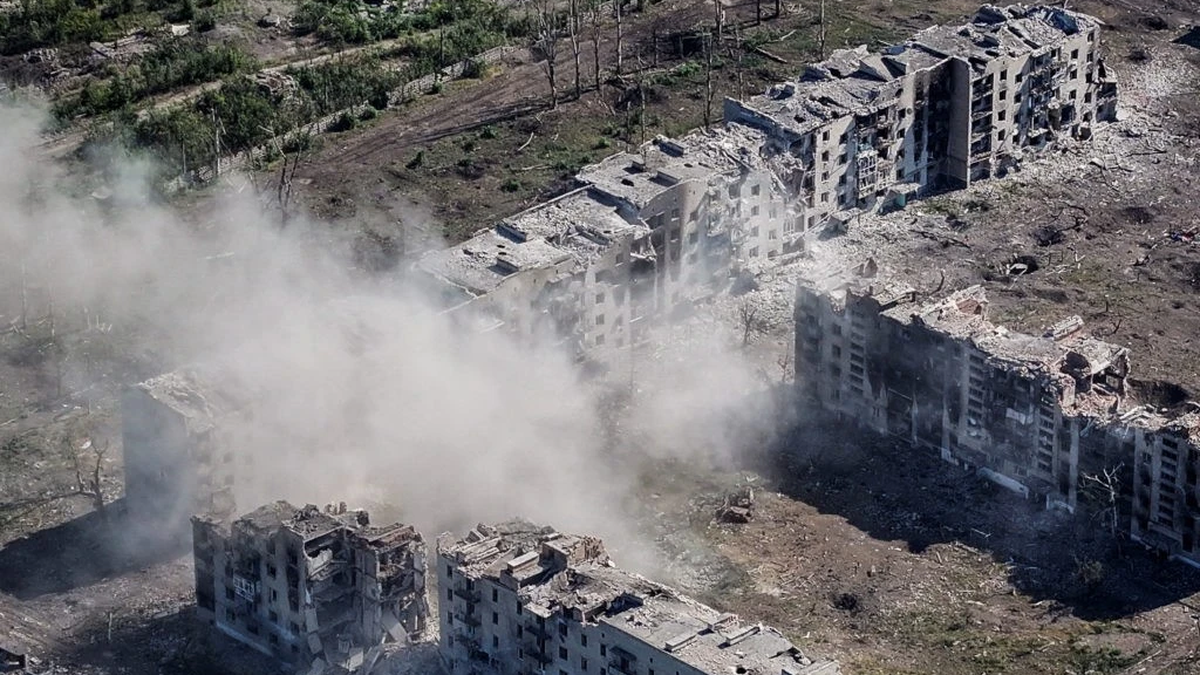
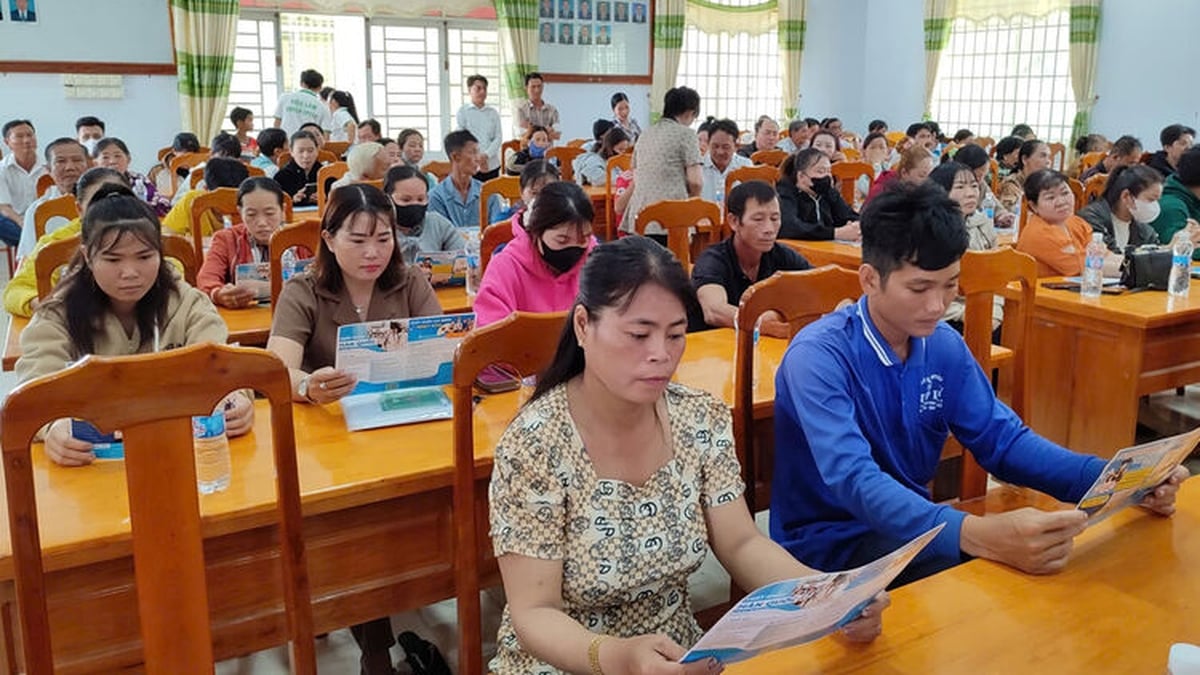
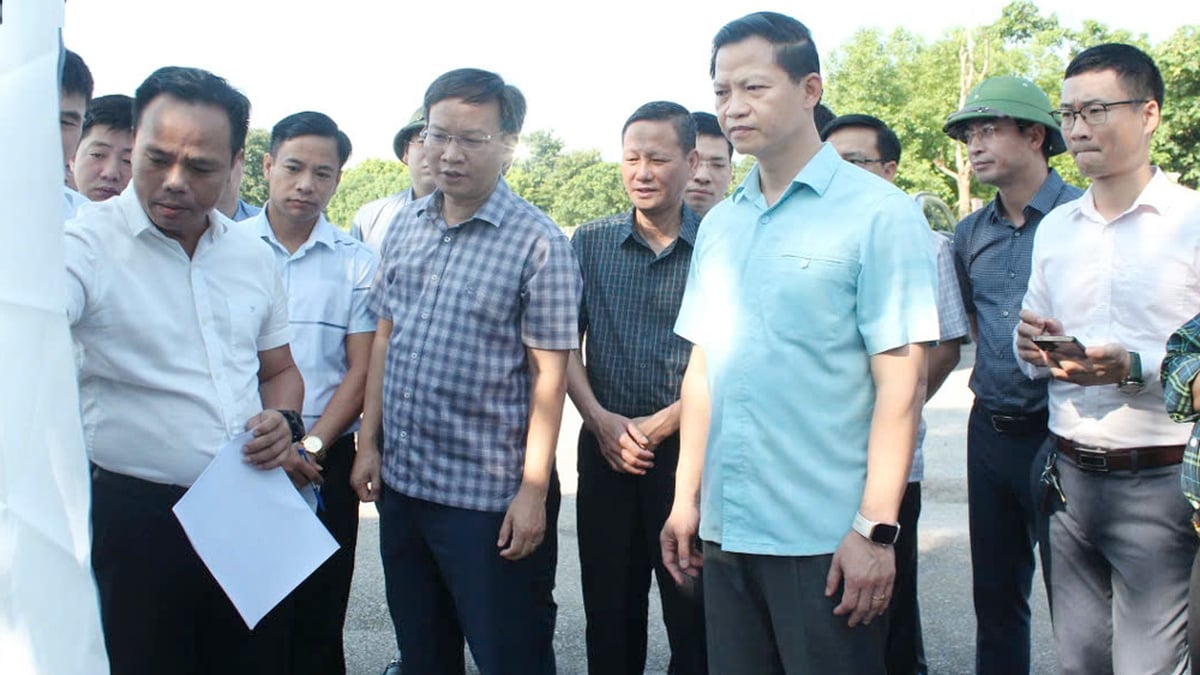
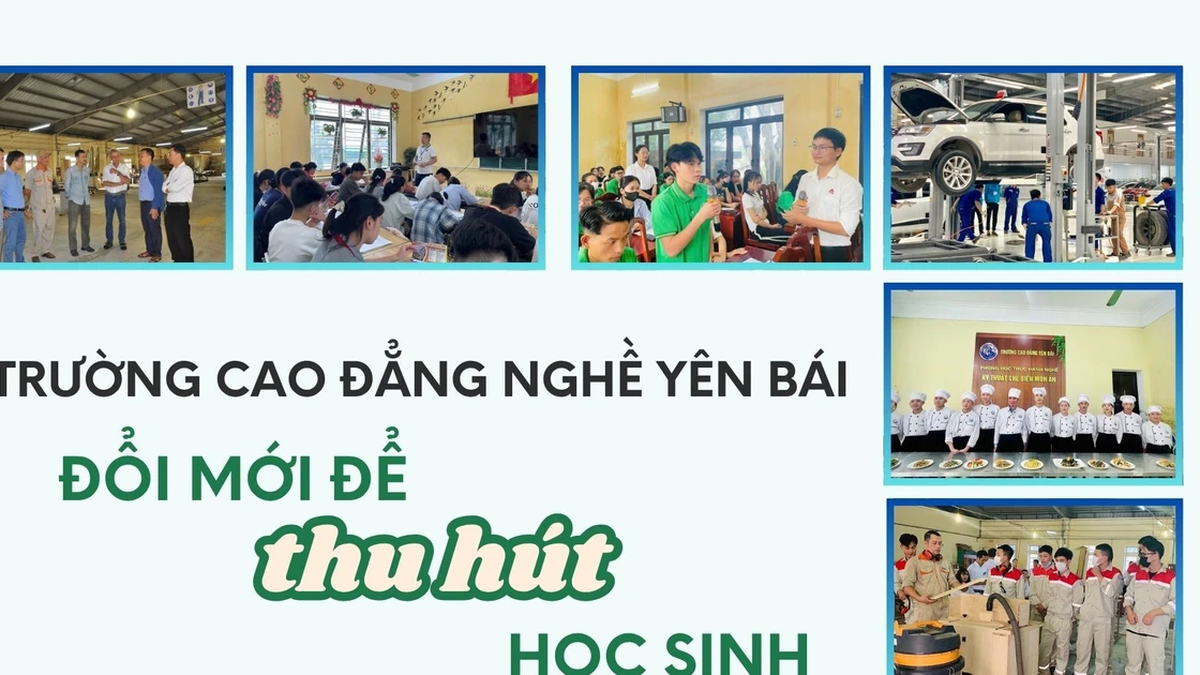
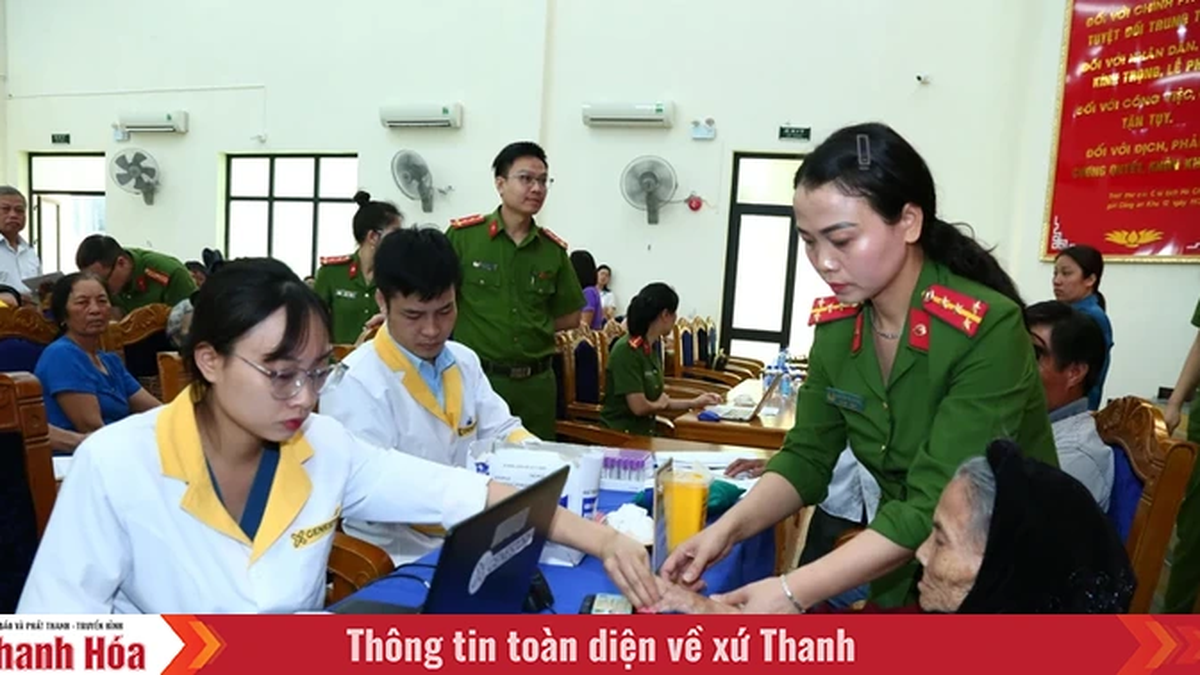
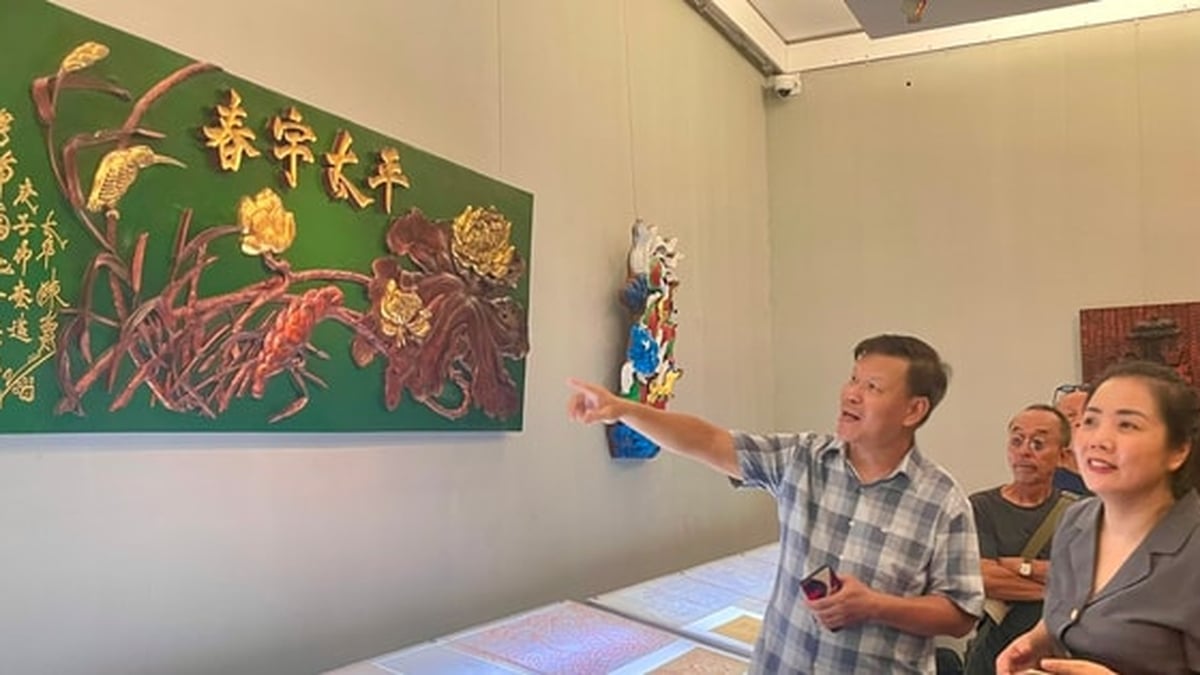


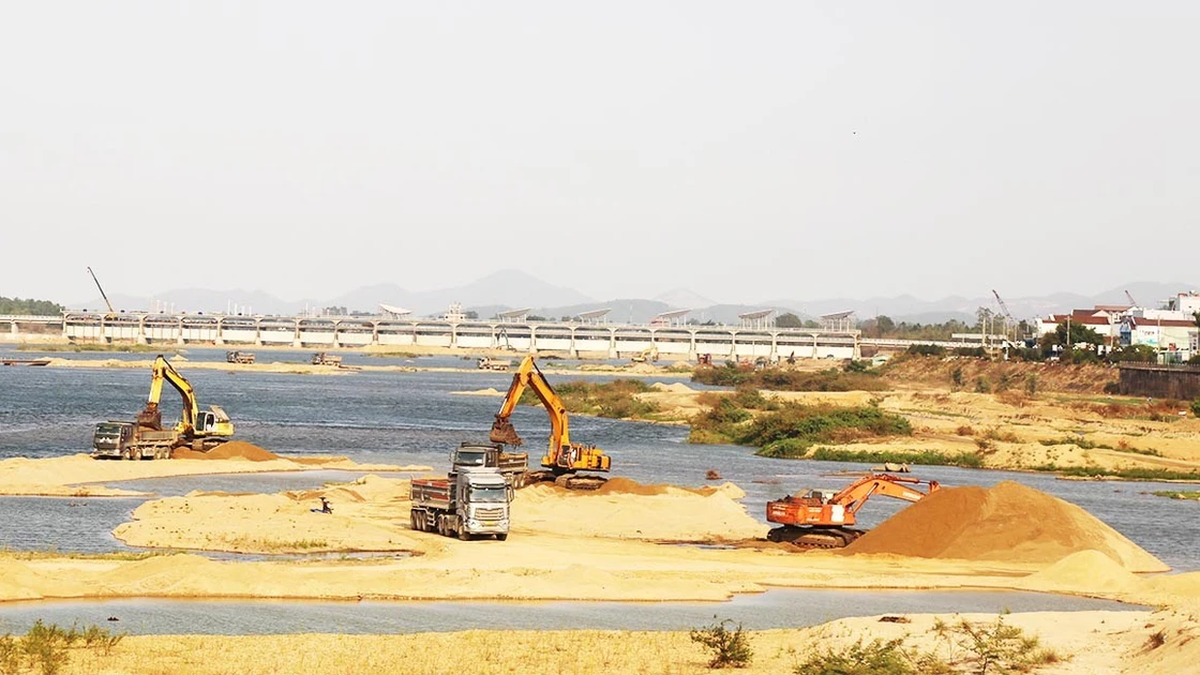
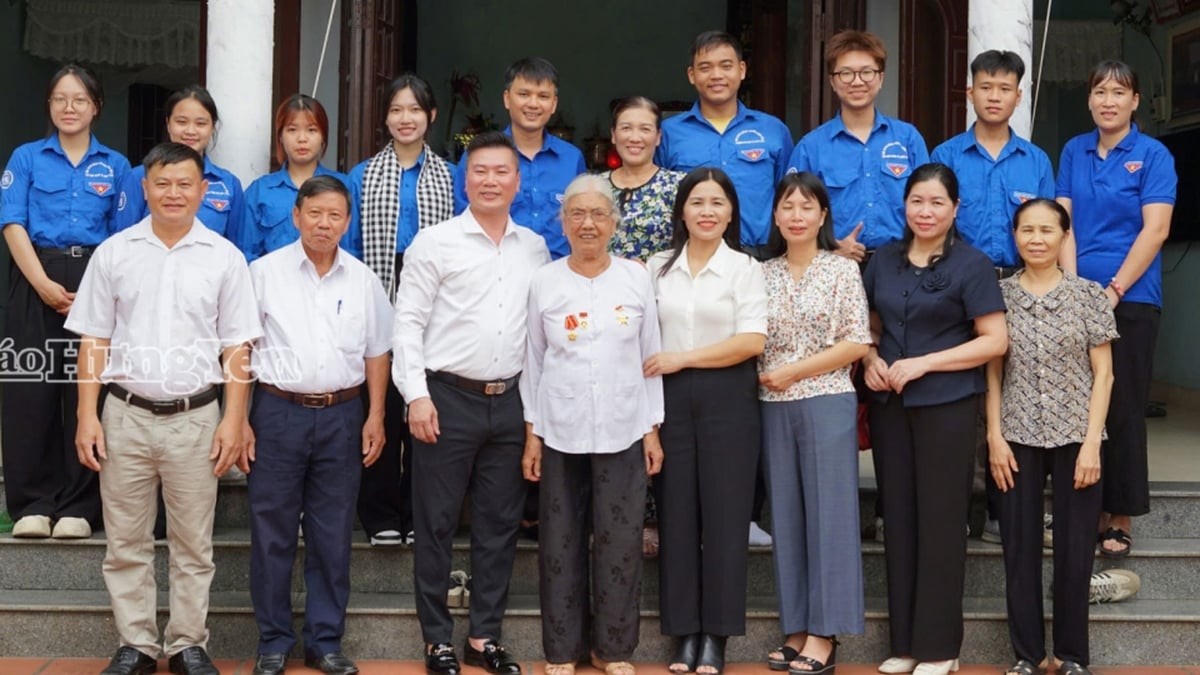






















































































Comment (0)